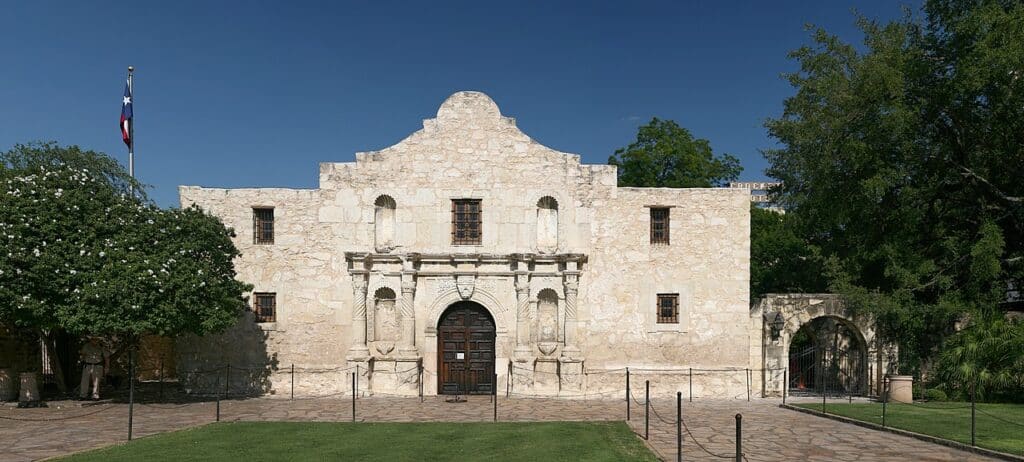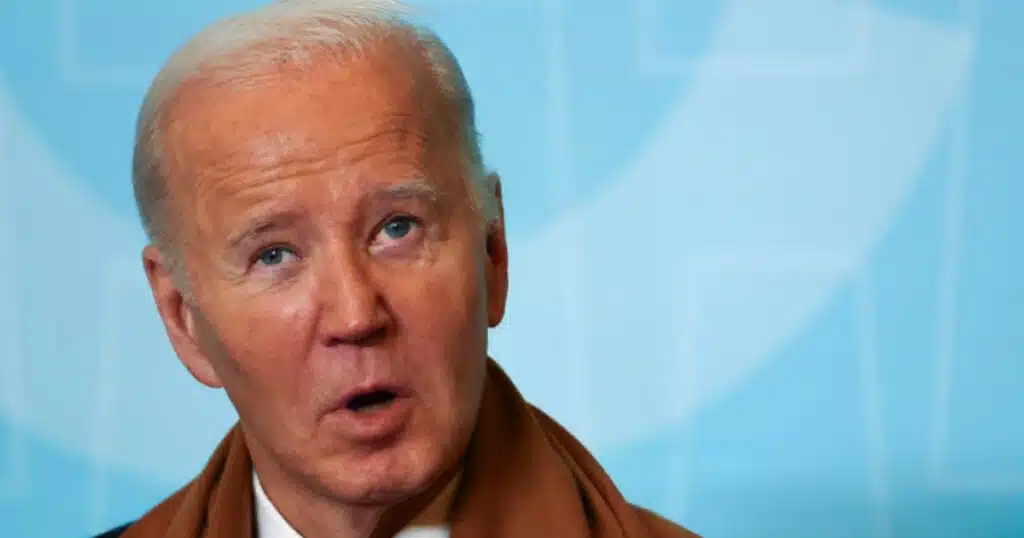
The Last Texan
Saturday night bleeds into Sunday morning and now it’s 2 a.m. at Moses Rose’s Hideout in San Antonio, Texas. The bar is empty except for owner Vince Cantu, his wife “Chooch,” and some holdout bar staff. For nearly 8 hours, the watering hole no more than 50 paces from the Alamo has been flooded with booze and heavy bass and strobe lights. The crowd washes out onto East Houston Street just as quickly as it washed in, and the place is quiet.
Vince is direct, unhurried, and straight-spined—a Texan’s Texan.
“I’m starting to understand the past in a different way,” he tells me, “in a more complete way. It’s not good or bad. It’s just the way it is.”
Vince is talking about the Battle of the Alamo, and with it, some of his own battles.
Last month, in a 9-2 vote, San Antonio’s City Council authorized the eminent domain takeover of Vince’s bar to facilitate the construction of a loading dock for the forthcoming Alamo Visitor Center and Museum.
The project—the result of a deal inked by the City of San Antonio, the Alamo Endowment Board, and the General Land Office (GLO) in 2015—is part of a $500 million “restoration” that Texas Monthly calls “the Alamo’s New Battle Plan.” It’s a plan that, even now, Vince openly and enthusiastically supports. “It’s going to be good for the city,” he says. “I’m just…I’m not allowed to be part of that.”
That’s the thing that has Vince thinking so much about the past.
Since well before the Covid-19 pandemic, the threat of eminent domain has been hanging over Moses Rose’s like the ghost of the bar’s namesake—a deserter, legend has it, who left his cohort at the Alamo to save his own hide.
The Texas political set have declined to let Cantu set a price that factors in both personal sacrifice and opportunity cost and, according to the Alamo Trust’s own timeline, have likewise declined to engage in meaningful negotiations.
Vince’s original $15 million price tag was a starting point, he says, for those negotiations. It’s a number he came up with in 2020 when then-Alamo Trust CEO Douglas McDonald told him to name a “celebratory” price. The city’s most generous offer to date has been $4 million.
“My hope is with this action authorizing the use of eminent domain,” San Antonio Mayor Ron Nirenberg said, “that that will accelerate for folks to get a deal done.”
Meanwhile, the bar owner has been pilloried as “greedy” and “selfish” on social media (including in this tweet from Texas Land Commissioner Dawn Buckingham) and in the San Antonio press.
“Since the vote,” Vince says, “this has really felt like one long day. I can tell you what happened, but I can’t tell you when it happened. I can’t tell you what day it was.”
A native of San Antonio, Vince comes from a long and proud line of Mexican American tavern and restaurant owners. That he would eventually follow in his family’s footsteps was a kind of inevitability. A stint as a bartender during his college days at the University of Texas sealed the deal.
Vince has had and succeeded at other jobs, but for him, the bar and nightclub industry has always been about a certain joy for living. It’s been, he says, about joy itself.
“We throw a party every night,” he tells me. “We just don’t know who’s gonna come to the party.”
After Vince and Chooch moved back home to San Antonio nearly two decades ago, he started daydreaming about building something that could become part of the fabric of the city. He couldn’t afford a property on the River Walk, but he made a few calls and managed to secure a lease for the side-street brick building that Moses Rose’s has since called home.
“I was excited about it,” he says. “I brought my whole family down to check it out. When they saw the shape it was in, they thought I’d lost my mind.”
Sitting beside me in a rounded booth at the back of the bar and leaning in close to make herself heard over DJ Chuy’s beats, Chooch tells me about her family and their life here. A school teacher by trade, she has a natural tenderness. She’s easy to like. She tells me about spending nights and weekends with her husband and three children patching floors and tearing out drywall. It was her idea to paint newly revealed tin ceiling tiles copper when stains were too stubborn to bleach or scrub out. (If Moses Rose’s doesn’t make it, she hopes she can take some of them home with her. She wants to keep some physical part of this place.)
Business was slow at first, and then all at once, it wasn’t. After four years of late nights and early mornings, Vince put all his cards on the table and made the place his own.
It used to be different before all this, a regular is telling me as he urges me to take a shot with him. “Wall to wall!” he shouts.
The Cantus once ran a grill during their days here. The bar was open almost every night. But in the last months, the business’s operations have been pared back.
Vince can’t keep staff. People have moved on, and they’ve done so with his enthusiastic blessing. “People won’t stay, not knowing what might be coming,” he says, “and I don’t expect them to. It’s kind of like ‘let me do you a favor by not hiring you.’”
Still, this place has its loyalists. The dance floor is full. Vince’s cousin takes my hand and pulls me to the front for the “Cupid Shuffle.” A handsome guy wearing a black t-shirt says that tonight, he’s celebrating “the history of the way all of us live here.”
Mari, a bouncy bartender with high pigtails and an incandescent smile, says she’ll stay until the end. “I have a day job,” she says. “I’m good. Vince has stuck with me and I’ll be with him.” From behind the bar, she shows me on her phone a picture of her beautiful, bright-eyed baby girl.
Robert Gonzalez, who provides security for Moses Rose’s, is watching the NBA’s All Star Slam Dunk Contest with me on one of the televisions above the bar when he says the whole ordeal has changed the way he sees the city. “If this can happen here, to Vince, it feels like it can happen to anyone,” he says. “It could happen to me. There’s no trust.”
San Antonio’s decision to take Vince’s bar has generated some attention in the national press, including from Wall Street Journal. “The question is whether it’s right for the government not only to take a person’s property but to set the price and negotiate with the threat of eminent domain hanging in the background.” So says the Editorial Board.
Likewise, Economist Chris Baecker writes in RealClearMarkets that “This could be an opportunity for the Supreme Court to revisit the controversial Kelo v. City of New London case of almost two decades ago. A court justified this taking 5–4 on the grounds that the beneficiary would promote ‘economic development,’ which in turn qualified as public use.”
In all this, Vince has managed to patch together an unlikely band of allies, including civil rights group the League of United Latin American Citizens (LULAC), the Texas Freedom Force, and the Libertarian Party of Texas.
Carter Fanning, Operations Director for the Libertarian Party of Texas, is at the bar on Saturday night to show his support. He says Vince’s American Dream is being “stolen by the very government sworn to protect his rights.” It’s why he thinks the community has rallied around Vince. “Eminent domain is regularly abused by municipalities, states, and the federal government,” he says. “There is no doubt that the city of San Antonio, working in conjunction with the state of Texas, is abusing eminent domain in this case.”
Vince, who is still a believer in San Antonio and in the state of Texas, thinks there’s some chance the city will come around, some chance this thing can be resolved without the use of eminent domain.
He’s trying to keep things in perspective.
Still, he says he can’t believe that his city’s government would do something that so blatantly and wholly violates the spirit of the Alamo and—with it—the revolutionary spirit of Texas.
Chooch is putting all her faith in God. That’s how she’s helped herself and her children and her husband through all the uncertainty.
“I guess this has me reflecting on my own life, on everything we have been through together as a family,” she says, “and we’ve been through harder than this.”
She worries that her children—all in the earliest stages of adulthood—will be shaped by what they’re watching their parents go through.
“I’ve told them,” she says, “we never ever act out of fear. We never act out of fear.”
Farahn Morgan is a writer and digital marketer based in central Appalachia. You can find her at longroadhome.substack.com and on Twitter at @FarahnMorgan.
This article was originally published by RealClearBooks and made available via RealClearWire.



